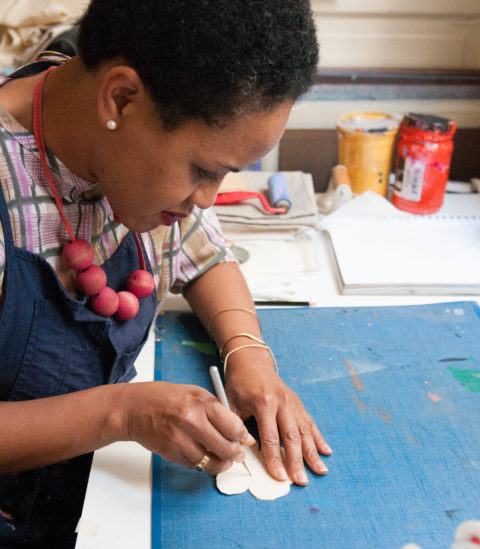
I was chatting with a friend last night, and we were reflecting on the eight years since we were both laid off, one week before Christmas 2008, when the company we were working for abruptly shut down and laid off all of its US-based employees.
“Remember when we lost our health insurance, and couldn’t get COBRA because our group plan no longer existed?” I asked her.
“Yes, and my child and I went uninsured for a year. Fun times.”
***
A few weeks after the layoff, another former coworker and I met for coffee. It was the height of the Great Recession, and he suggested that I look for freelance HR work (I had been running HR for our previous employer).
“I can’t take on freelance work,” I responded. “I need to focus my energy on finding a full-time job with benefits.”
He sighed and said, “Imagine how many more people would become entrepreneurs and freelancers in this country if health insurance weren’t tied to work.”
***
After that layoff in 2008, I spent months applying for private health insurance plans. However, because of minor, pre-existing conditions (mild asthma and migraines), I was repeatedly rejected. I finally managed to get a plan that covered major medical, but which charged me an extra 50% on top of my already-high premium because of my pre-existing conditions. Yet this plan declined to cover medication or treatment for those conditions. For eighteen months, I went without the medication which had kept my asthma under control for years because I could not afford to pay for it, on top of paying for my already-high insurance premiums.
***
I did find a full-time job in 2010, but left it after just five months when another friend asked me to consult for his business. By this time, I had figured out that I wanted to be a working artist. Consulting part-time while developing my art career felt like the right move. But, once again, I was faced with the task of looking for private health insurance.
I was lucky, in a way. Enough health insurance carriers rejected me outright that I qualified for the Pre-Existing Condition Insurance Plan (or PCIP). PCIP was a plan implemented in the earliest phases of the Affordable Care Act (or Obamacare; the two are different titles for the same thing) roll out, and it covered people who, like me, could not get private health insurance because of pre-existing conditions. The premium was reasonable, and it covered my asthma medication. I had that plan for years, until California’s exchange, Covered California, went live in the final phase of the Affordable Care Act roll out. I’ve happily – and proudly – been covered under Obamacare for six years.
***
I don’t deny that Obamacare is expensive (I don’t qualify for credits), but I would argue that is the nature of health insurance overall in this country, rather than of Affordable Care Act plans specifically. I’ve worked in HR for over ten years, and was the HR Director of a startup insurance brokerage for a time, so I have had more exposure to the costs of health insurance plans than most people.
***
A friend asked me why I even bothered to have insurance. She suggested I just save my money, and use that in case of an emergency. I responded that one unexpected illness or accident could not only wipe out my savings, it could send me into bankruptcy (don’t believe me? Read this); health insurance is as important a part of my financial plan as generating income and creating an emergency savings fund.
***
I often say that my career as an artist is due in part to the Affordable Care Act, and the way that it’s made health insurance available to everyone, regardless of pre-existing conditions. Having access to health insurance has allowed me to strike out on my own, make a living doing work I love, support other businesses, pay my taxes. If that is not the American Dream, then I don’t know what is.
So, with this transition to a new president who has threatened to repeal the Affordable Care Act without understanding the positive impact it has had on millions of people’s lives, I vow to fight to keep my health insurance, so that I can keep creating – and keep creating a living.
How has the ACA impacted you? You can share your story here and here.
